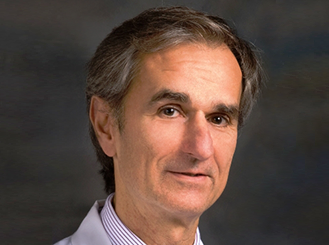By Eduardo Bruera, MD
2015 Palliative Care in Oncology Symposium Program Committee Member
Patients with cancer suffer a number of devastating physical, psychosocial, spiritual, and financial effects. Their family members also suffer distress throughout the disease trajectory. In recent years, cancer programs have progressively adopted palliative care interventions to reduce patient and family suffering. Unfortunately, at the present time, the majority of patients have limited and late access to palliative care services in the United States. However, there has been considerable growth in both clinical and academic palliative care programs, and most cancer centers and universities are developing infrastructures, processes, and outcome measures for palliative care delivery.
The 2015 Palliative Care in Oncology Symposium will provide excellent education to clinical and academic leaders on the principles and practice of palliative care in oncology. There will be innovative General Session formats that include expert presentations on major topics, such as communication, cachexia, mechanisms and management of symptoms, palliative care in the ICU, and integration between palliative care and oncology. Our hope when we attend a scientific meeting is that the future will look better for our patients and their families as a result of new discoveries. For this reason, the General Sessions will also provide poster/abstract discussions, fitting with the theme of each session, that are distinct from Oral Abstract Presentation sessions. An expert will provide a 15-minute discussion of what was done, why it is important, and where we go from here for the most exciting research findings.
Making the poster/abstract discussions a major part of the General Sessions is a good way to highlight important developments that might have been missed by the meeting participants, and it is a way to recognize the efforts of those colleagues who work hard to improve the state of the art of palliative cancer care. It allows for a nice flow of education, from bench to bedside and back again, so that attendees are seeing a more complete picture of any one topic or theme.
There will be major findings reported this year that will influence the way we practice, teach, and organize our clinical and academic programs. These findings will inspire us to go back to work with renewed energy. They will also help us identify colleagues working in areas where we would like to contribute as collaborators.
We have all the elements in the program to ensure that our attendees receive both the “state of the art” and the “new and exciting” integrated into fun and highly educational sessions.
We look forward to seeing you there!



Recent posts